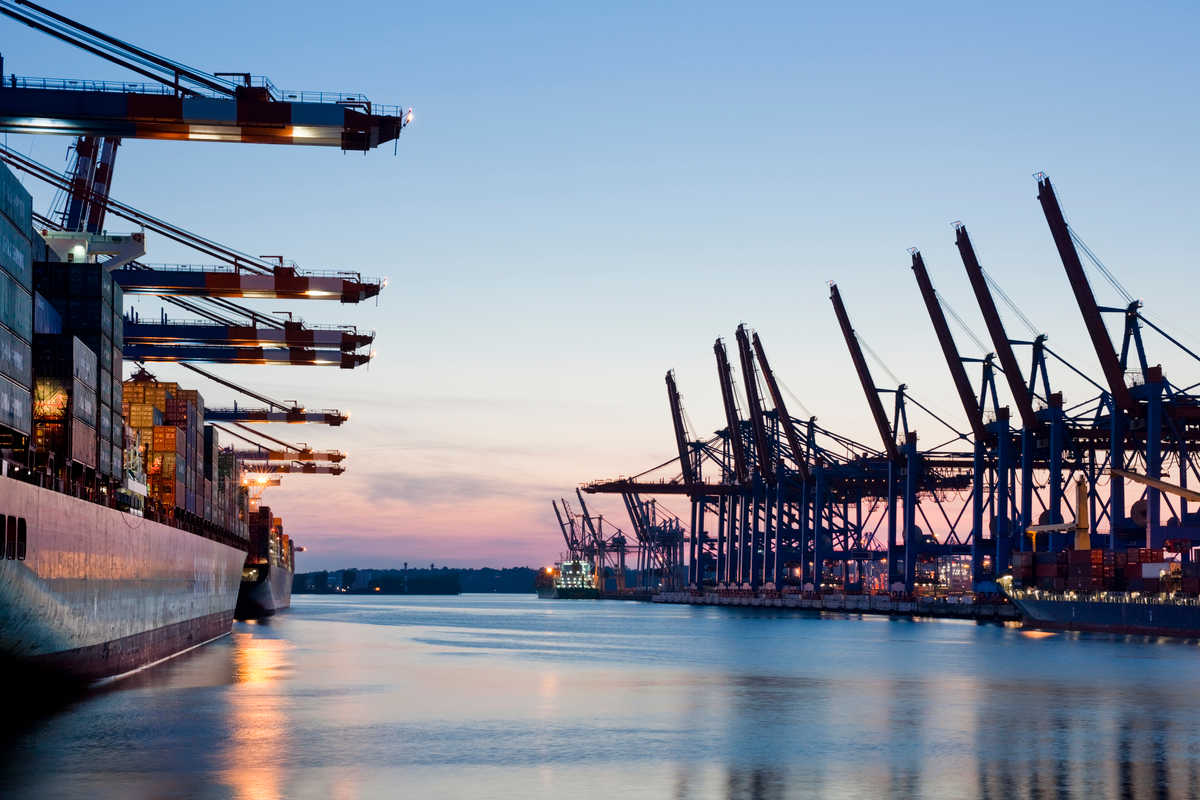
March 10, 2020
EU Trade Changes: How to Prepare for a Significant Change to Dutch Exports
EU Trade Changes: How to Prepare for a Significant Change to Dutch Exports
When discussing the latest in European trade, Brexit seems to command all the attention. But there are ongoing changes happening in the EU that cannot be ignored. Dutch customs has now posted legislation, for immediate effect this April, enforcing UCC (Union Customs Code) rulings. These amendments are nothing new to people who have read the definition of an "exporter" in the UCC, however this strict implementation could affect how you currently operate and could potentially trigger other member states to follow suit.
The Challenge
After enforcing the UCC definition, Dutch customs authorities published the restricted definition of an "exporter" and limited who can act as the “exporter of record.” You might not see how this currently affects you but if you are a 3rd-country entity shipping EXW from the Netherlands or are preparing customs declarations under your off-shore registered entity within the Netherlands, this could significantly affect your supply chain. And if you are a UK-based company exporting and acting as an exporter of record from the Netherlands this could also impact you come January 1, 2021, when the Transition Period ends and the full effects of Brexit set in.
Before the rule takes effect April 1, 2020 (delayed from December 1, 2019) many companies will need a new game plan to export from the Netherlands. There are multiple options to consider.
Potential Solutions
Agree on a different INCOTERM with your suppliers
Depending on how your contracts are structured, your EU-based supplier may be able to file the export declaration under its name. To some suppliers, the added responsibility will not be welcome. But to others, the effective change of incoterms to FCA shipper’s location could be attractive. Because this arrangement uses FCA shipper’s location as its terms, Ex Works and other incoterms where the non-EU entity is responsible for the export should be avoided. Of course, Ex Works contracts are generally ill-advised for international trade as they often leave the foreign entity exposed to alien regulations and laws as well as a potential VAT liability.
Establish a Permanent Presence in the EU
If your supply chain frequently uses Dutch ports for exports, then establishing a permanent presence in the EU may be your smartest move. Having an official presence could provide the greatest long-term stability to your exports from the Netherlands. And, depending on how it’s arranged, it could prove the most sustainable solution from a business perspective.
Conclusion
With regulations and industry changes seemingly constant, businesses should consult with experts who can help analyze options based on costs, times, VAT implications and liability exposure. Armed with that knowledge, businesses can more easily identify solutions that most limit exposure while still meeting organizational objectives.
Learn more about how Flexport Customs services can help you find the best response to rapidly changing regulations and their interpretations.



